Representatives debate fate of traditional schooling vs the Internet use of tomorrow’s college students

A battle between online and traditional college education took place as the first of two debates in the Bill and Linda Rambin Public Debate series launched in Stubbs on Tuesday.
Dr. Lesli Pace, associate professor of communication, invited Jeremy Hutchins from the Texas State University in San Markos and Sean Tiffee from the University of Texas at Austin to come to ULM for a public debate regarding the future face of education.
Hutchins was the first to speak as he outlined the parameters of the debate. The two speakers decided prior to the event that despite the likelihood that the future will host some combination of traditional and online education, Hutchins would defend a world in which solely online education was the norm. Tiffee would defend a world in which solely traditional methods existed.
“Everyday we are asked to do more and more as professors and academic institutions while being provided less and less from our state governments,” Hutchins stated in his argument. With this said, Hutchins hoped to answer the question: How do we provide the best education to the most students in the most economically efficient way?
Hutchins argued that online education was the future because of its improved accessibility and economic advantages. He also argued that the quality of online education could be equal to, if not superior to, traditional forms of education.
In rebuttal, Tiffee said he was not opposed to technology, but was against the complete replacement of a classroom environment with a digital one. The future of a virtual education online would be “virtually worthless” according to Tiffee.
Tiffee claimed that the improved accessibility that Hutchins supported was exaggerated. Tiffee also said that online education could possibly diminish educational value in a working environment. There is also a social aspect to traditional college that cannot be replaced in a digital classroom.
A vote at the end of the debate declared Tiffee the winner of the debate with the majority of votes in favor of traditional college education.
Several students attending came from Dr. Pace’s argumentation and debate class. Joseph Roberts, a senior general studies major, said that even if the event had not been for class participation, he would have come.
Roberts was one of 12 people that voted in favor of online education at the debate’s close.
“I sympathize with people who want an education, and an online education is their only option,” Roberts said.
On the other hand, Anna Shelby, a senior mass communication major said that “I voted for [Tiffee]. I like the more traditional method. I learn through interaction.”
Shelby also said that by making college accessible to all, it makes people feel like they have to go to college when some people don’t need college to follow their job goals.
Second year graduate from mass communication Lionnell Smith did not vote saying he needed more time to deliberate. However he was leaning in the direction of online education.
“I think that if I had voted, I would have voted in favor of online for the reason that I agree that we don’t know where technology will be,” Smith said. “The generation we are raising now is completely technology ready. Everything they do is technology.”
Nov. 22 will mark the second debate in the Bill and Linda Rambin Public Debate series, as British debaters will come to debate with ULM students. Students in the argumentation and debate classes are currently competing to earn the chance to be part of this event.



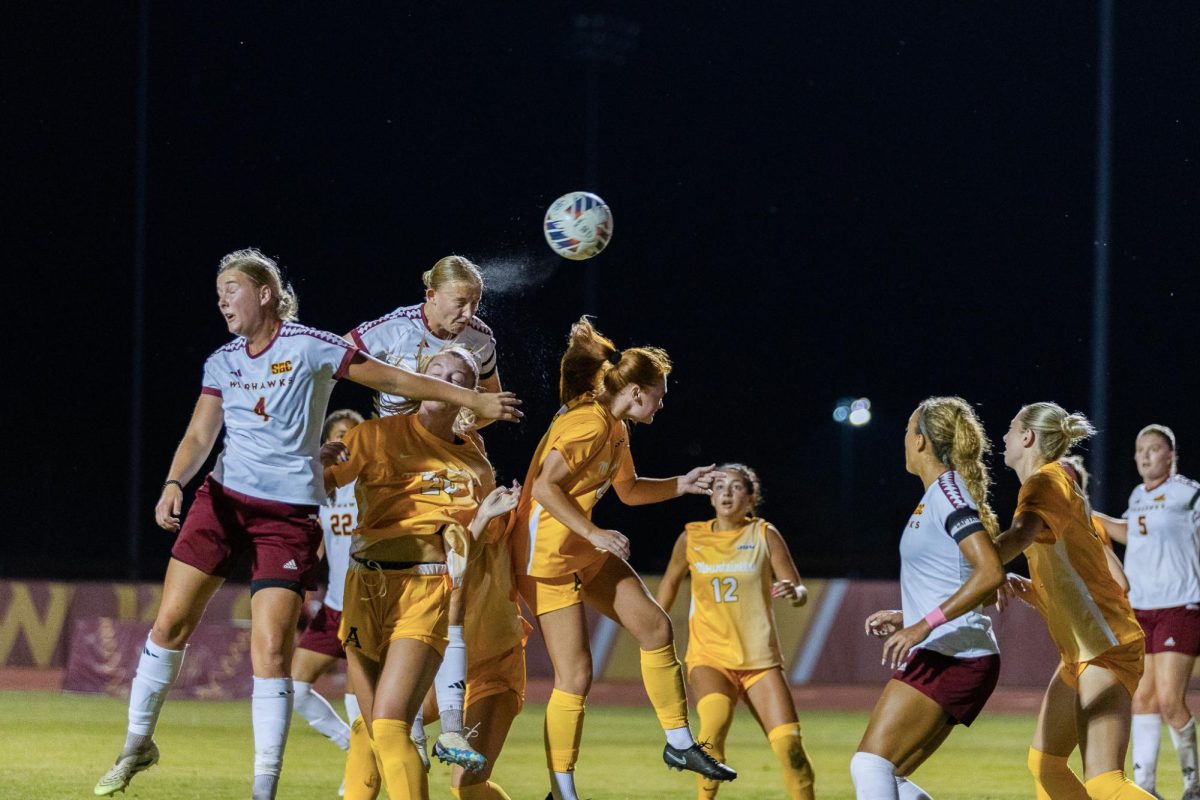

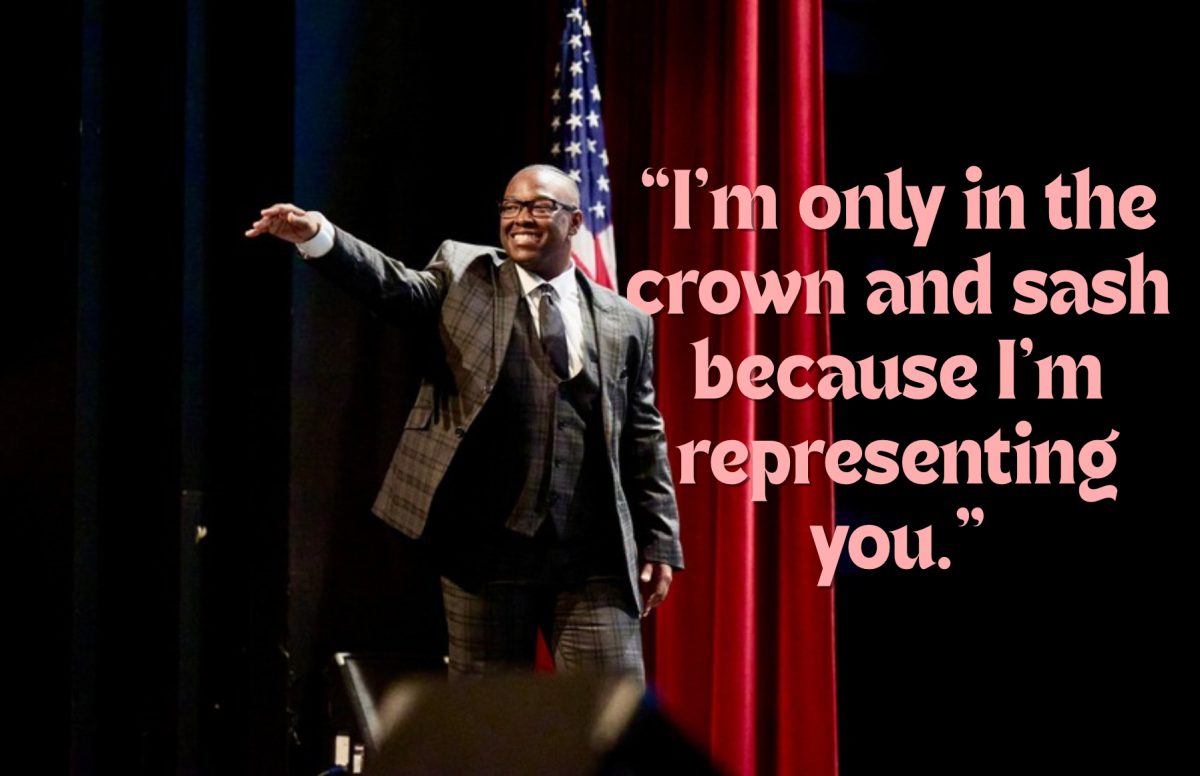

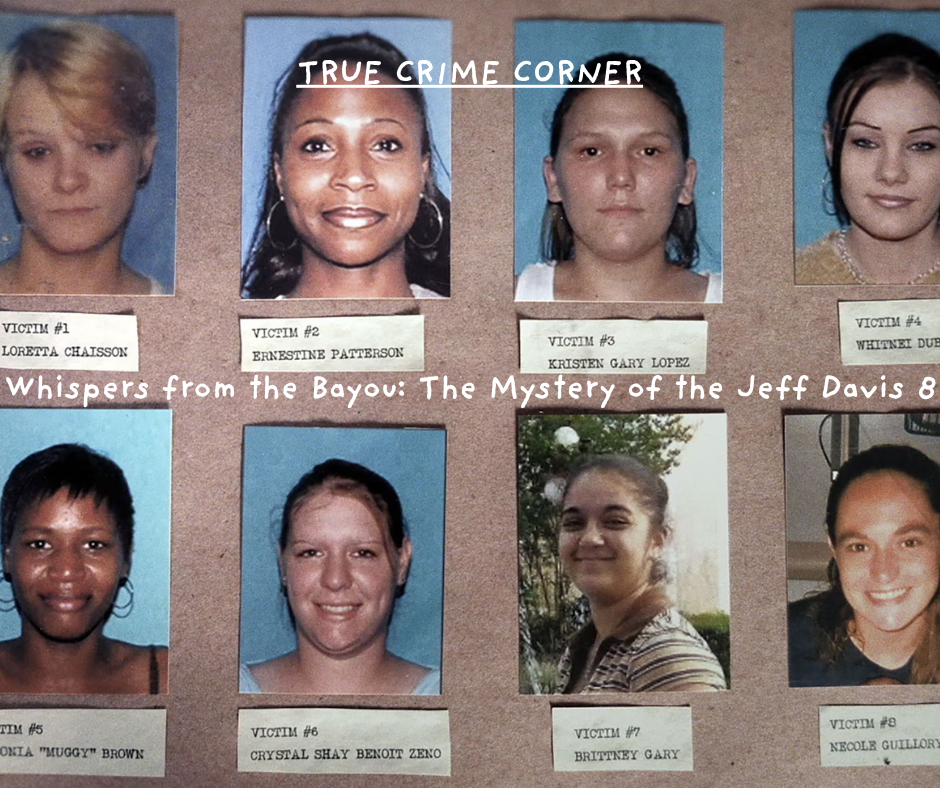
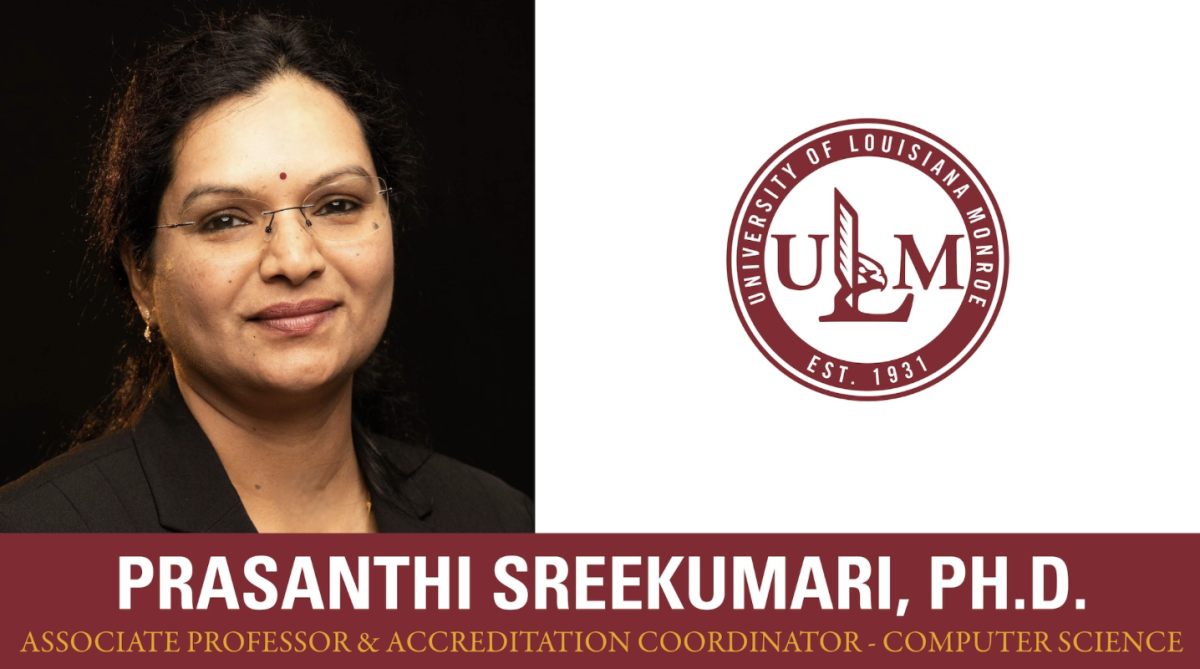
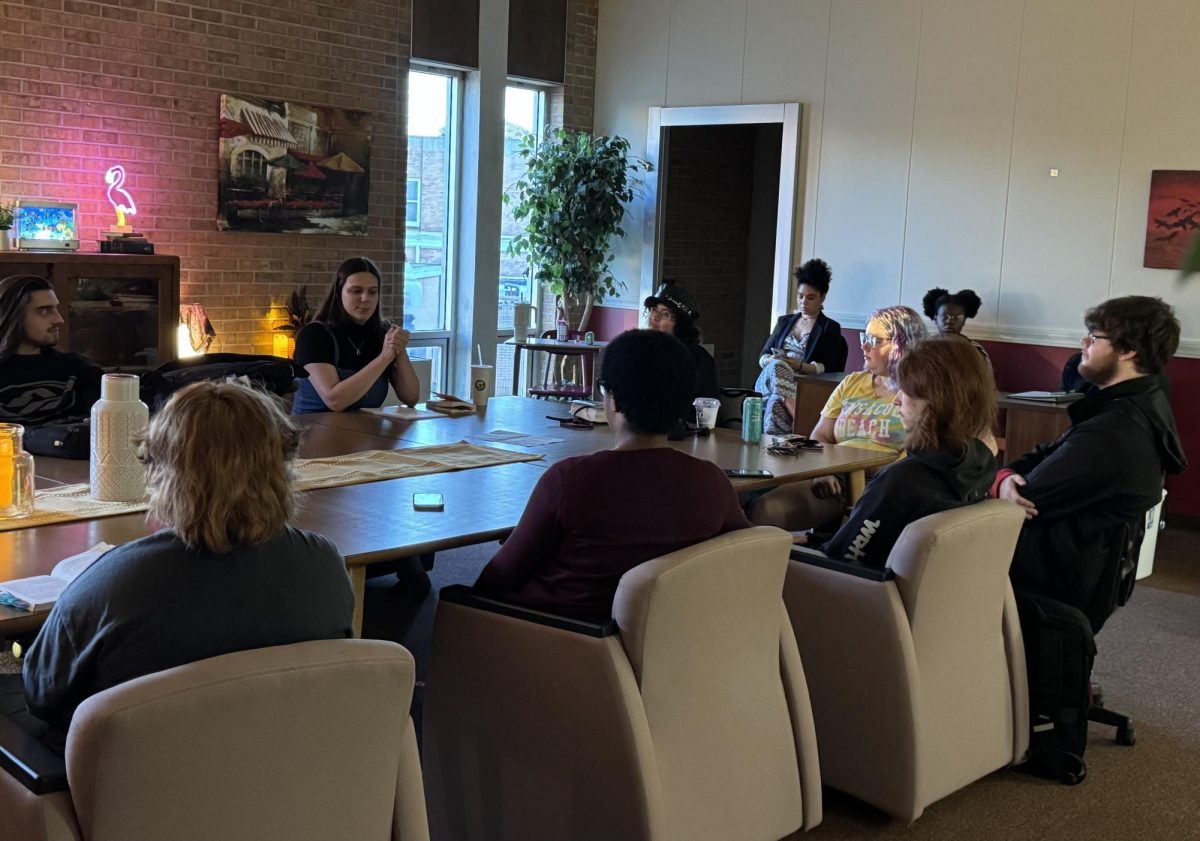
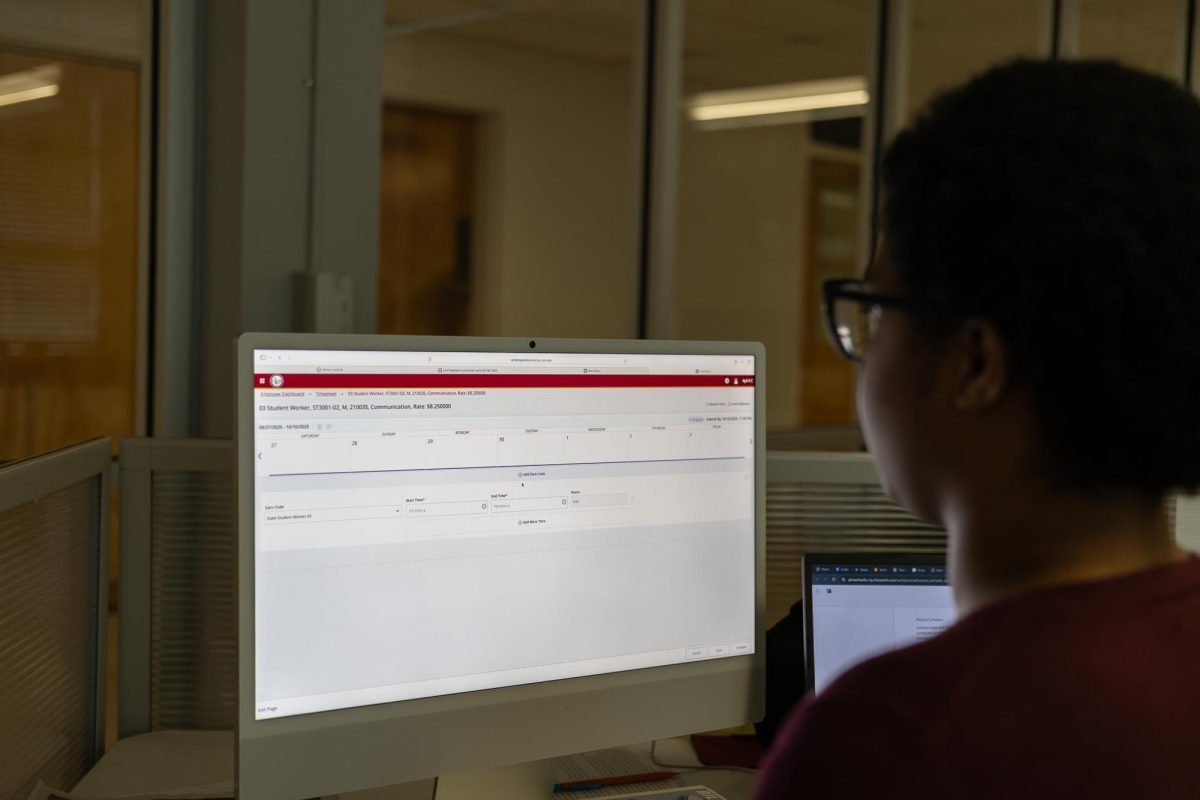
Daniel Brady • Sep 22, 2011 at 9:50 am
Smh! You spelled it wrong here too. It is not Rambin. If I was Mr. Ramsden I would boycott ULM.
Daniel Brady • Sep 22, 2011 at 8:56 am
It is not Ramden. It is Ramsden. 🙂